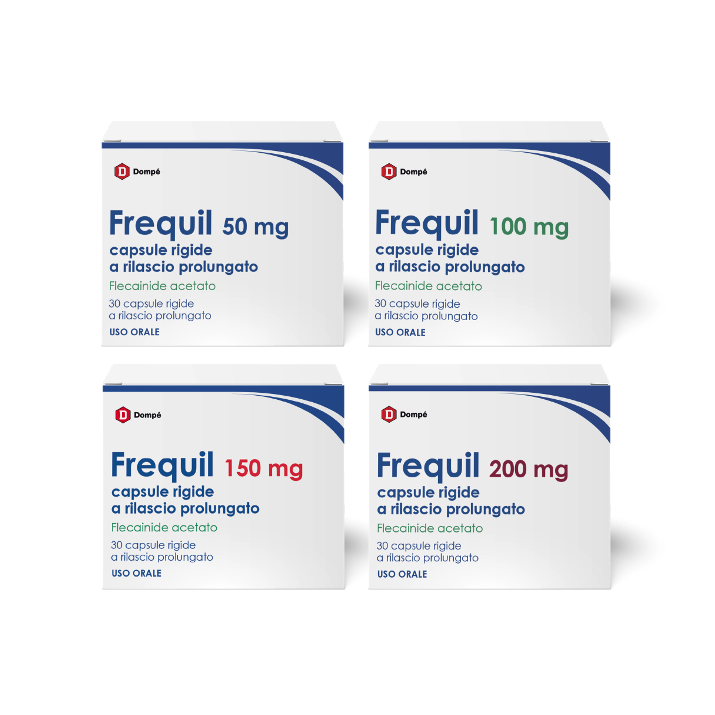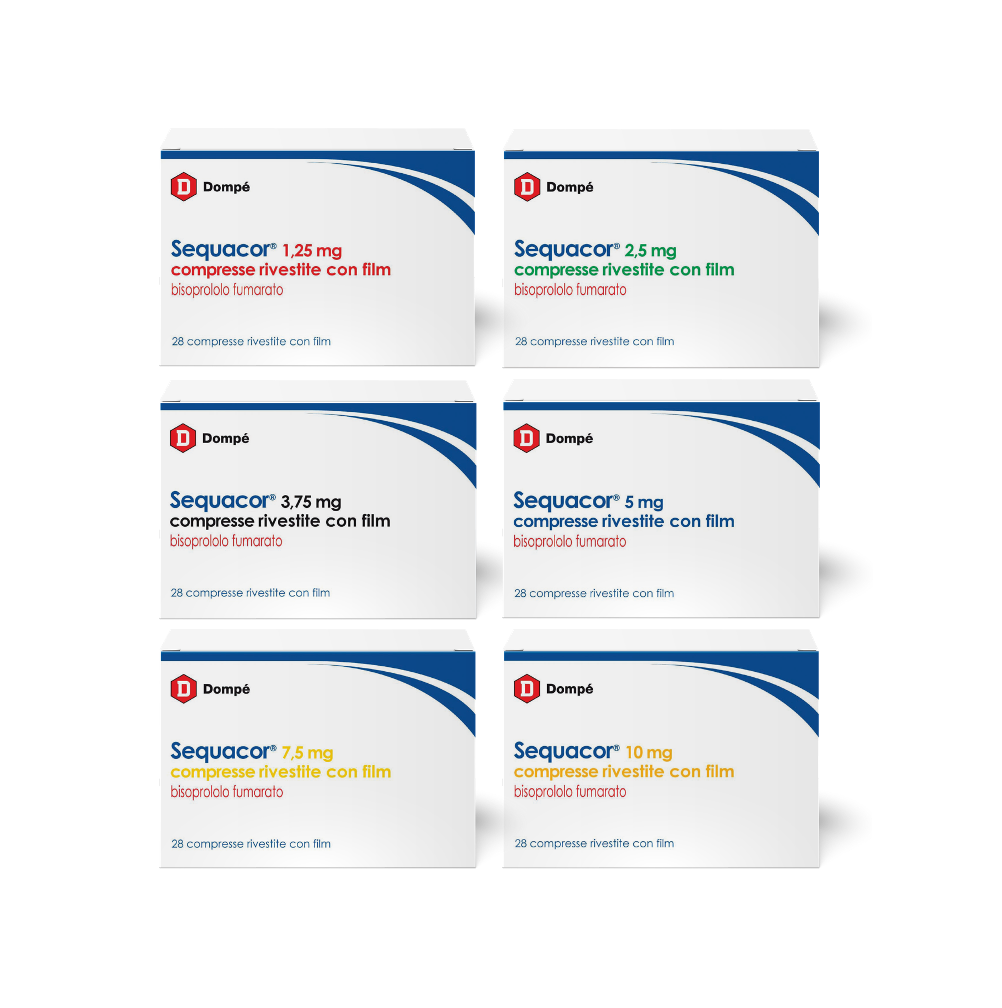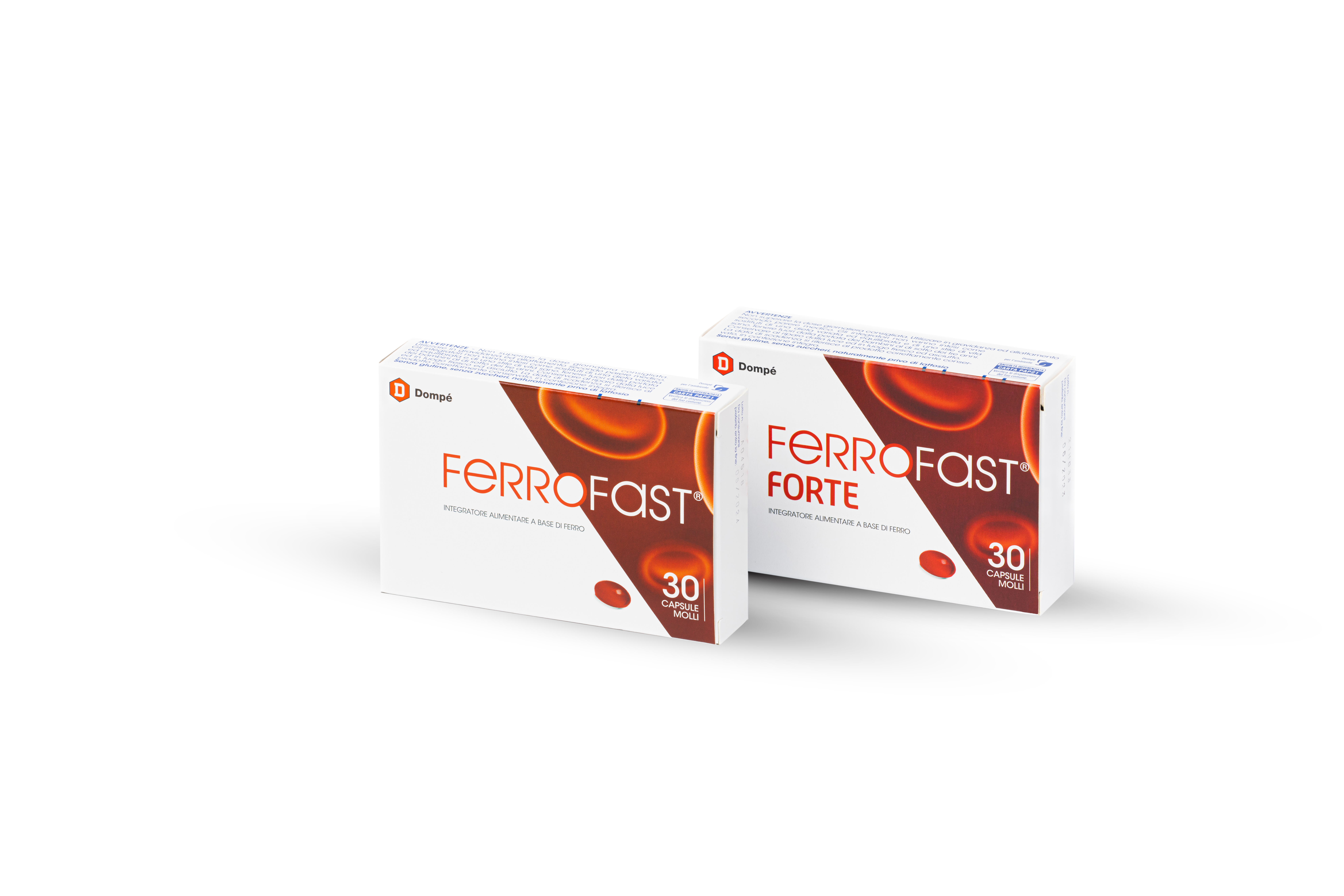
Growing Incidence of Cardiovascular Pathologies
Bisoprolol and flecainide are positioned as first‑line therapies for their respective indications, namely heart failure and atrial fibrillation. Heart failure has an age‑related prevalence of 1–2% in the adult population, rising to over 10% in individuals above 70 years of age. Its incidence is increasing, reaching 3–5 cases per 1,000 person‑years (2021 ESC Guidelines on Heart Failure).
The benefits of beta-blockers, such as bisoprolol, are supported by clinical guidelines and robust scientific evidence, including the most recent findings (2023 ESC Guidelines on Heart Failure).




